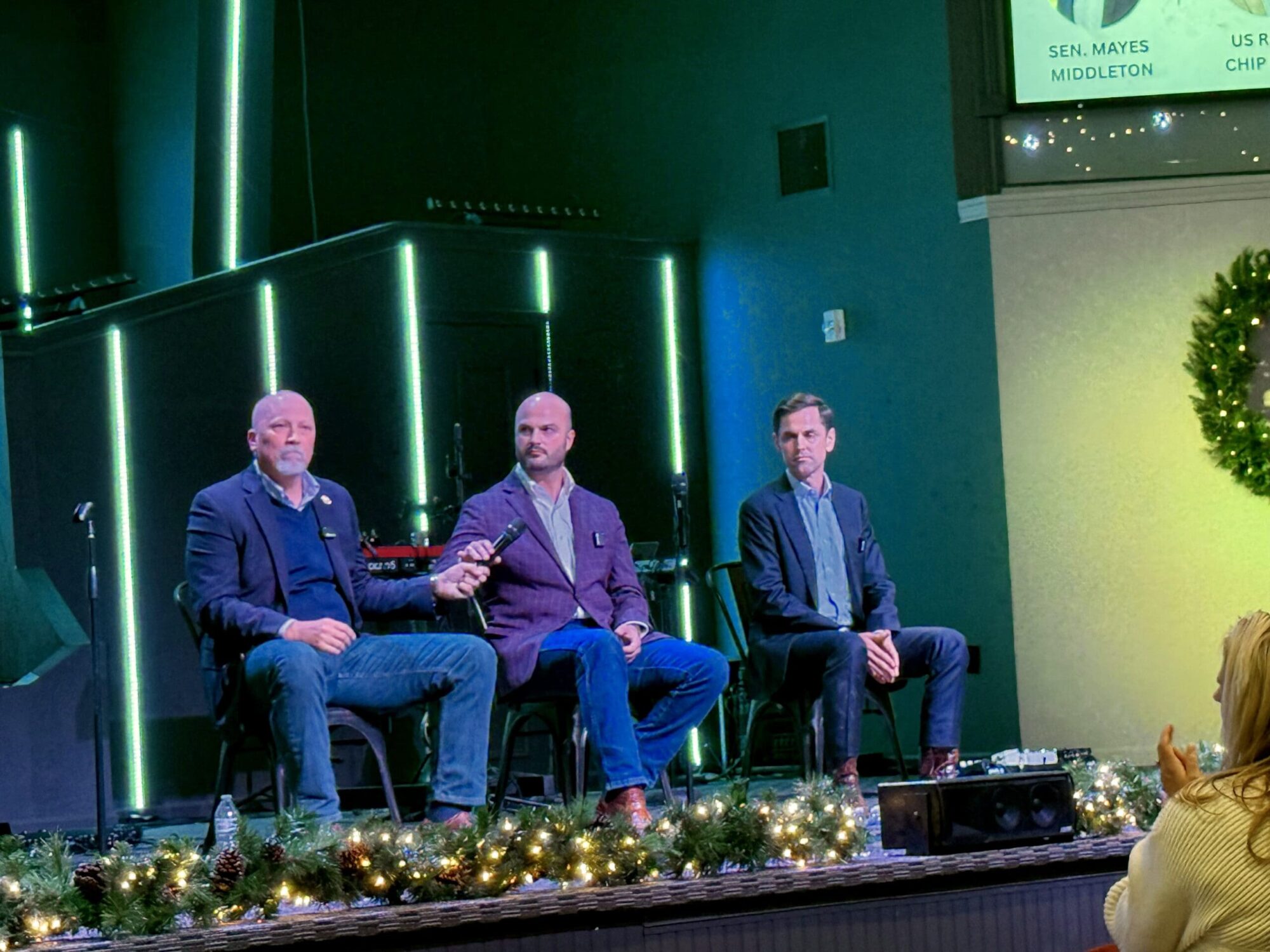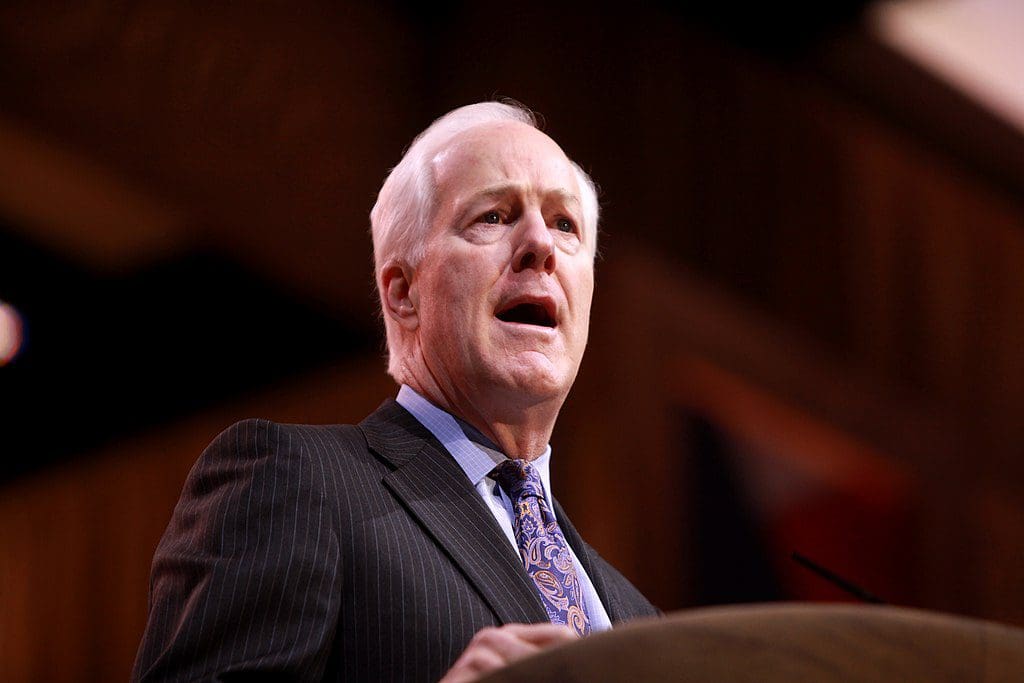When Republican primary voters head to the polls next year, they won’t just be choosing candidates. They’ll also be asked to weigh in on a series of ballot propositions that will help shape the party’s direction heading into the next legislative session.
The 10 propositions, approved by the State Republican Executive Committee during its meeting in Corpus Christi this past weekend, are not binding. Instead, they function as survey questions, designed to gauge grassroots opinion on major issues. Voters are asked to mark “yes” if they agree with each proposition or “no” if they disagree.
While the outcomes don’t create law or amend the state constitution, they do send a clear signal to lawmakers about what the Republican base expects from its elected officials. In past cycles, the results of these ballot questions have been used to influence the party platform, guide the priorities of the party, and shape the debate inside the Capitol.
Though the exact wording of the propositions has not yet been released, they will cover the following topics:
- Ending magnets for illegal immigration
- Phasing out property taxes
- Imposing spending caps on government
- Prohibiting vaccine discrimination in medical care
- Teaching K–12 students about life and fetal development
- Stopping the sexualization of children
- Establishing term limits for elected officials
- Investing in water infrastructure
- Banning Democrats from chairing legislative committees
- Prohibiting Sharia law
These propositions will appear on the same ballot as state and federal races when early voting begins ahead of the March primary election. Election day is March 3, 2026.





